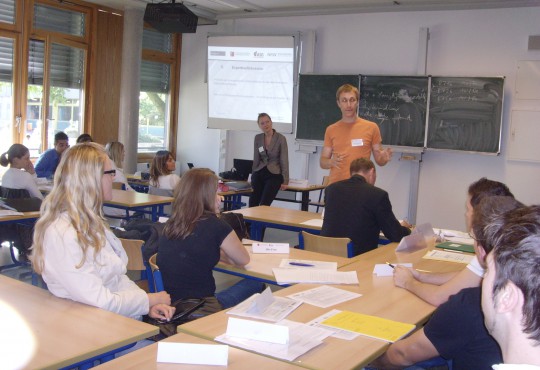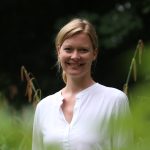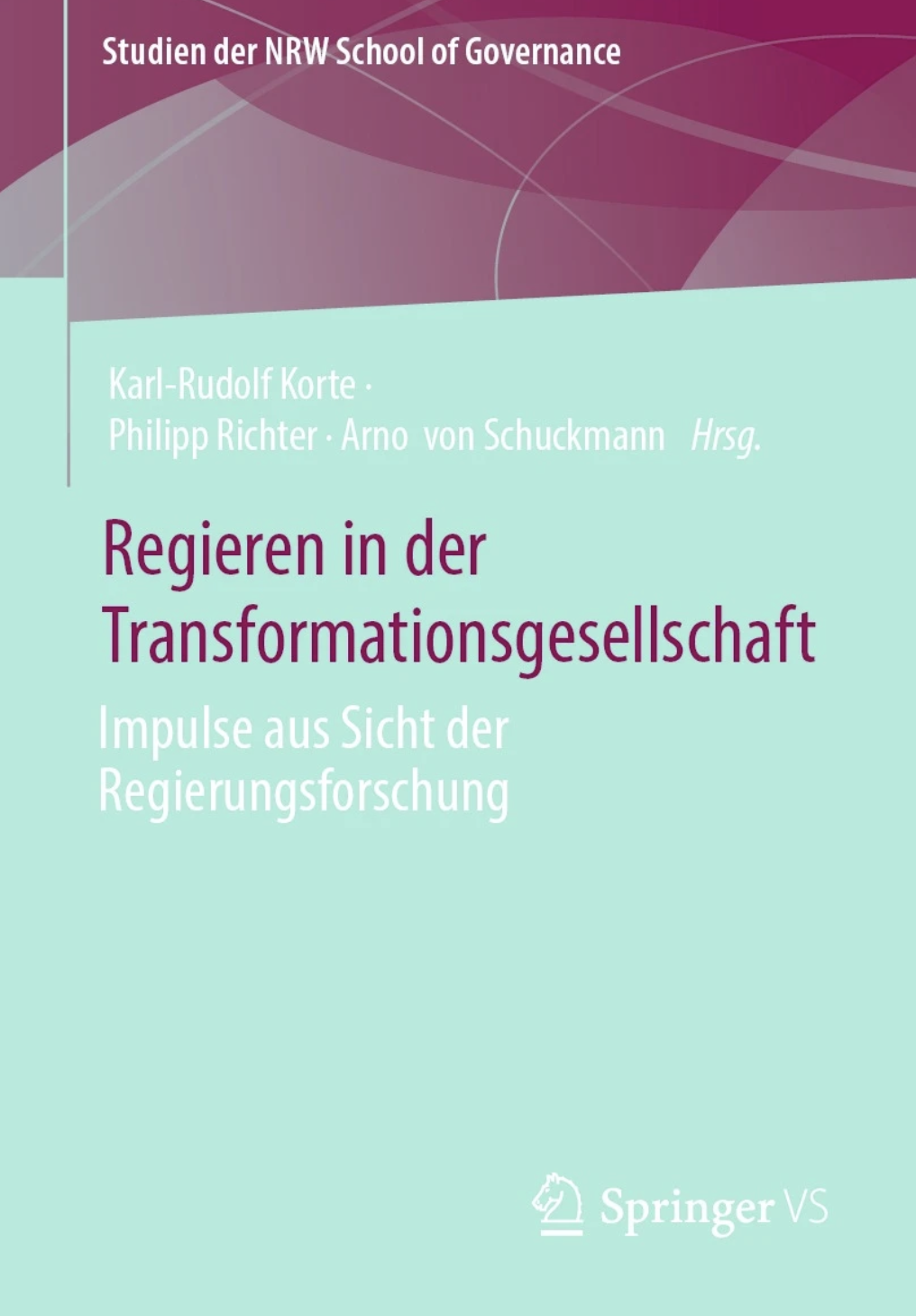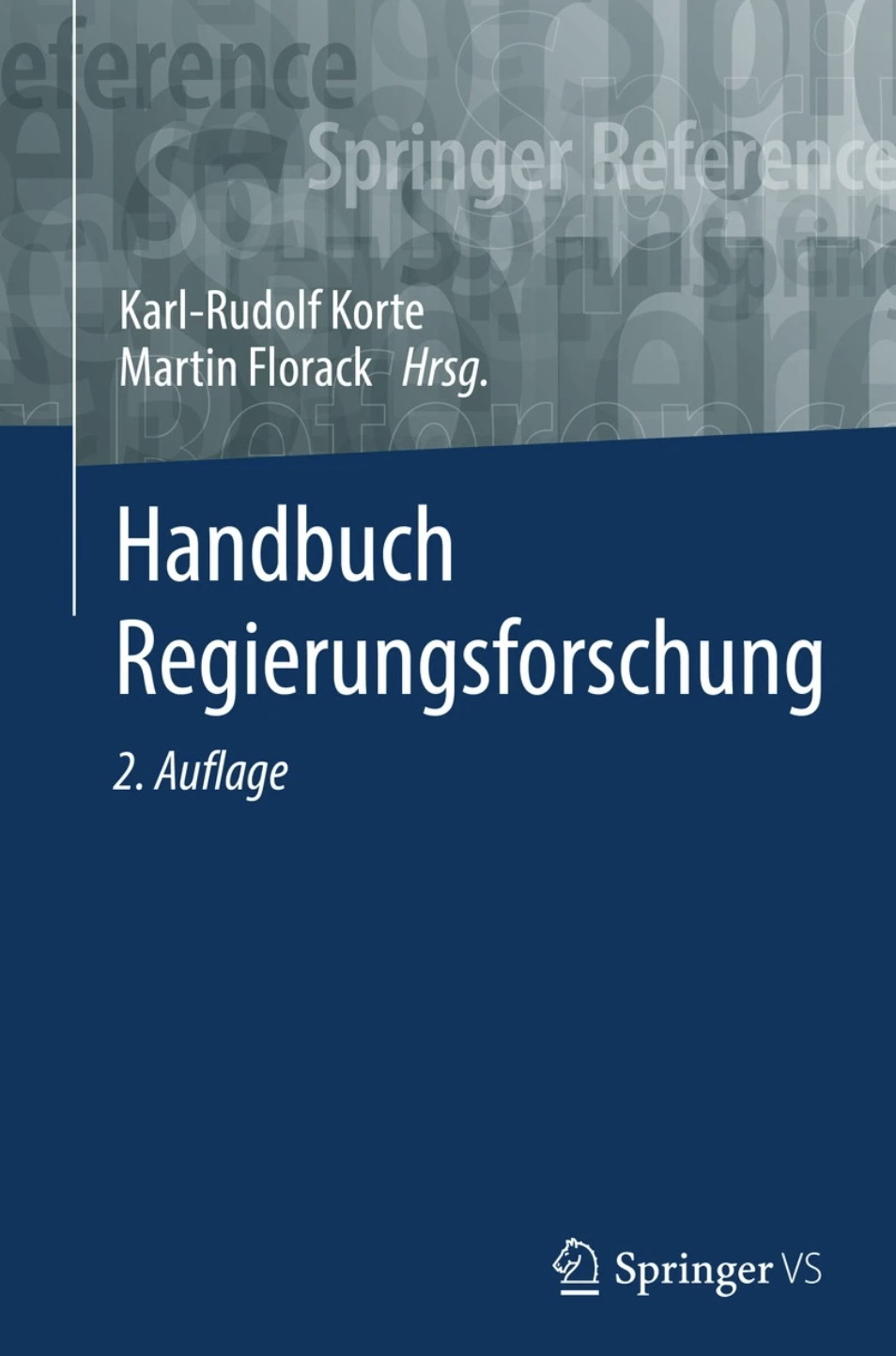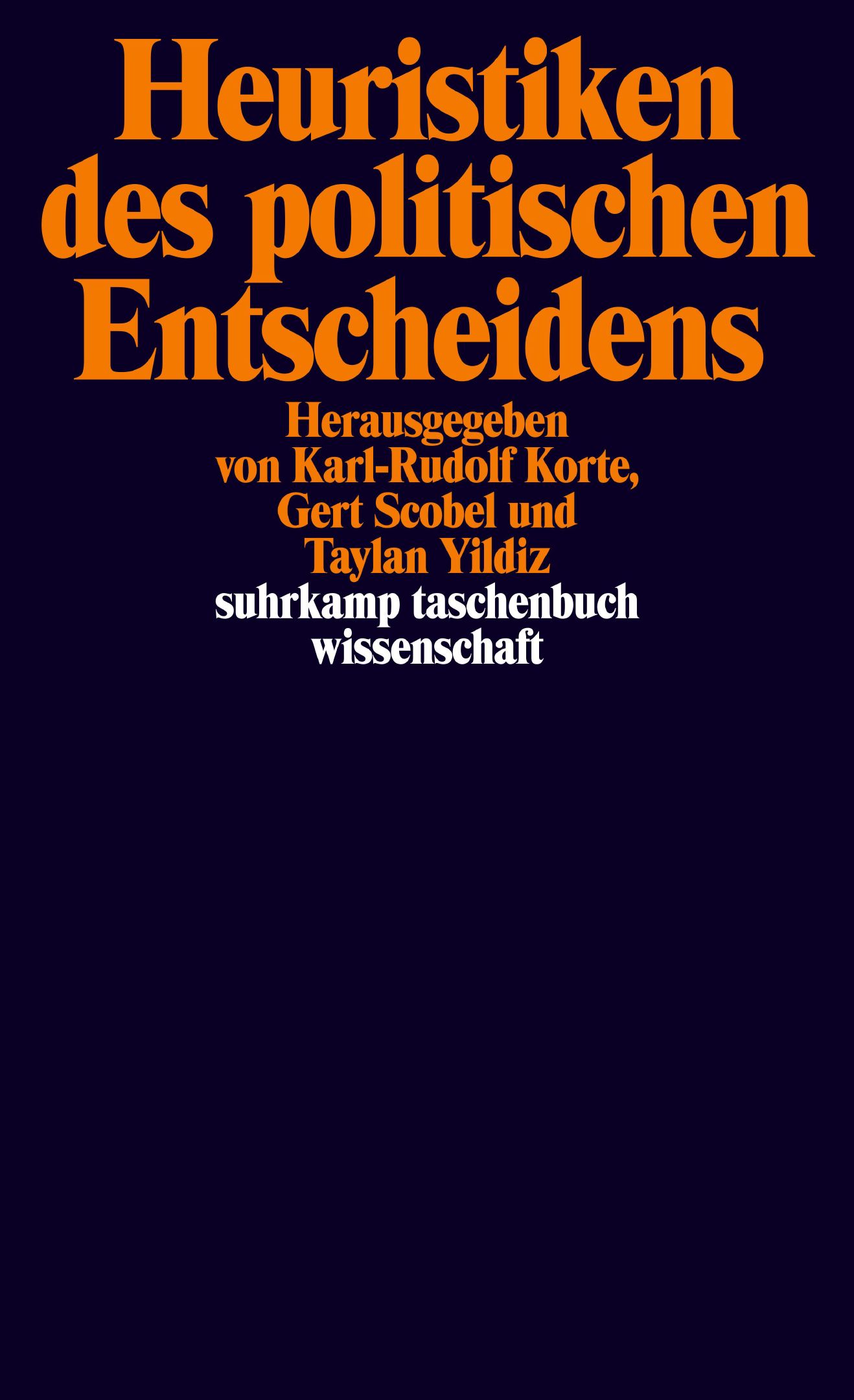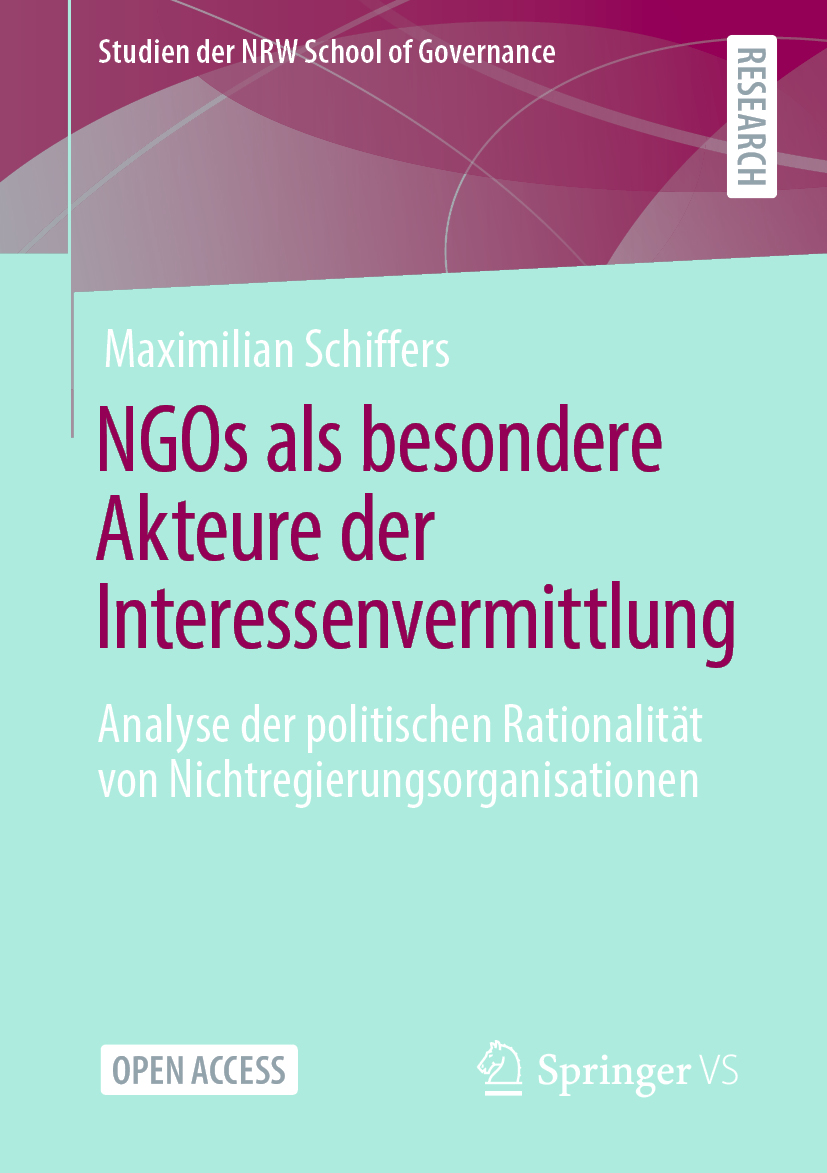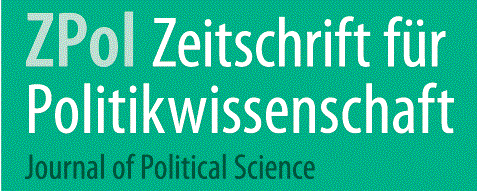How do you found a party? How do Germans vote? How do I become Chancellor ? What responsibilities does a state representative in North-Rhine Westfalia have? What role does the media play in a democratic state? Questions such as these build the foundation of the program “Political Education goes to school” – a cooperation of the NRW School of Governance and the Sparda- Bank West . Since 2009 three modules of political education are taught at schools throughout NRW.
The applied political education program is based on innovative methods for school teaching. Political and Social Studies courses at secondary school make up the basic foundation for democratic and political education of young people in NRW. However, a more in-depth discussion of basic democratic concepts is only very rarely possible. The NRW School of Governance offers three inter- qualification modules that enable students to further their knowledge of political processes. Each module is taught by a lecturer of the NRW School of Governance, who is supported by an expert in the relevant topic (e.g. a journalist) in order to discuss applied issues with the students more thoroughly.
Module 1: “Parties and Elections ”
The basic module “Parties and Elections” is dedicated to the question “How do I found a party?” and “what role do parties play in the context of elections?”. Under the guidance of a lecturer and an expert students will be given the possibility “to establish their own parties “. The module will furthermore cover the theoretic foundations of participation and inner-party democracy.
Module 2: “Government and Politics in Germany ”
The advanced Module I “Government and Politics in Germany ” gives students an in-depth- insight into legislative processes. On the basis of a fictitious bill on the “voting age in germany” students learn about different phases in the legislative process, about the complex interplay of political institutions and the separation of powers in the German political system. Any questions that may arise during the simulation game can be discussed with an expert.
Module 3: “Politics and the Media”
What role does the media play in society and in politics? How can the german media environment be described and analyzed? In Advanced Module II “Politics and the Media” students will simulate a press conference and approach these questions from an applied perspective.
The target group
The applied modules of the program “Political Education goes to school” is directed primarily at students aged 14 and over , with a focus on German high schools and junior high schools. However, the variable structure of the modules allows the implementation of all types of schools.
Contact
Researchcoordinator
Tel.: +49 (0) 203/379– 3742 (Büro)
Mail: kristina.weissenbach@uni-due.de

